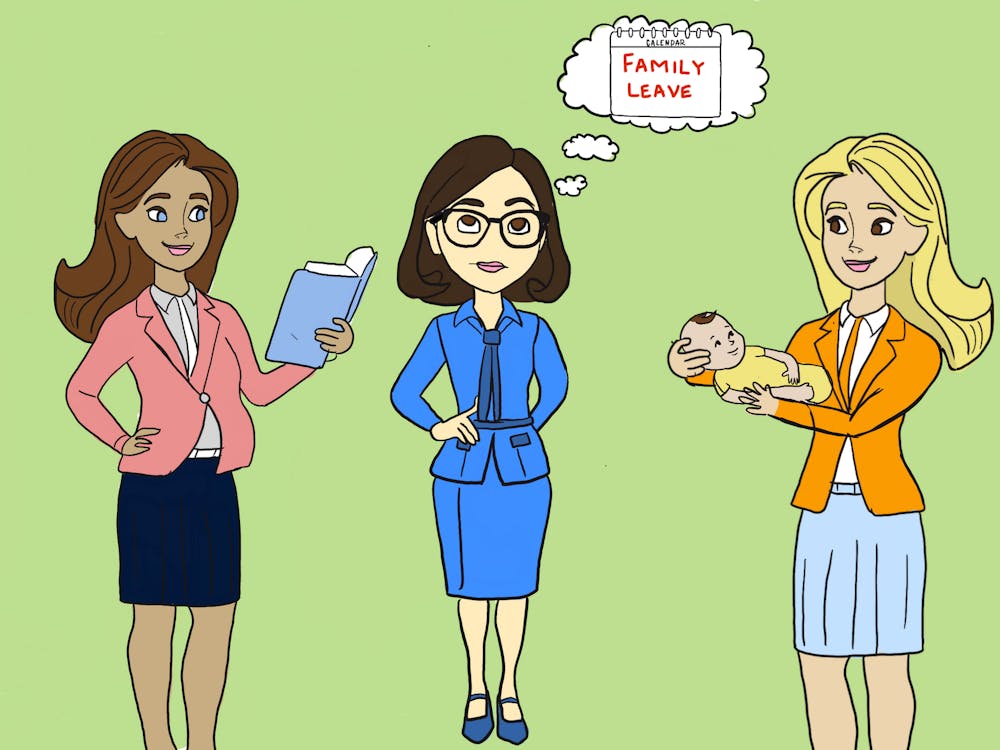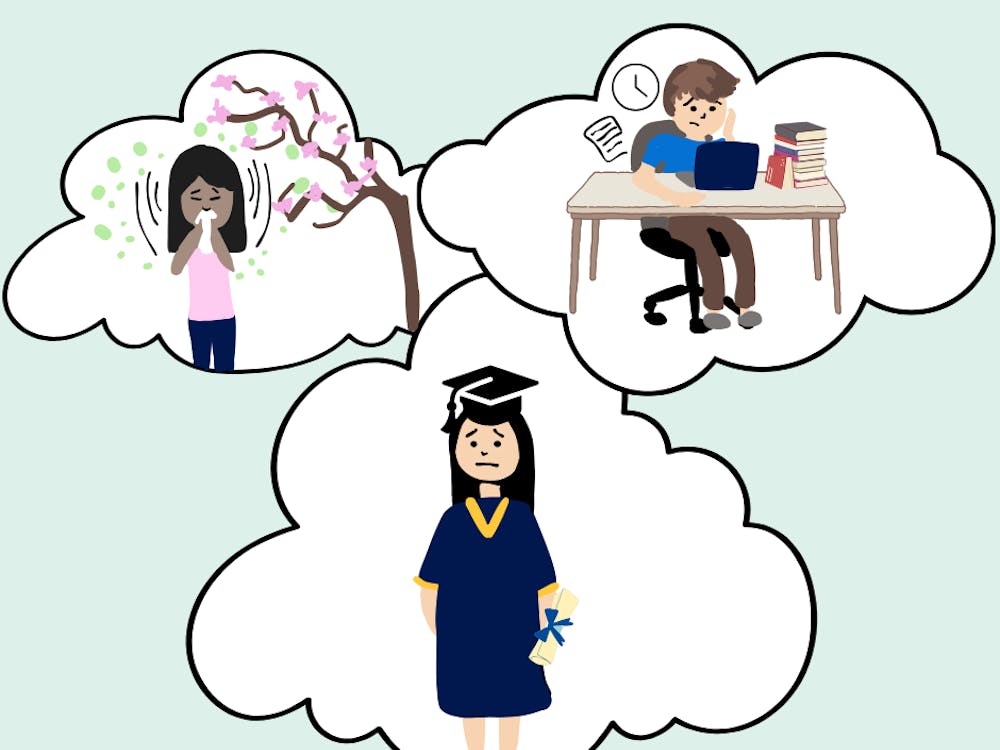I’d love to be enrolled in the Engineering school for a day. Better yet, I’d love to be a physics major or a Nursing student or even one of those exceptionally rare Northern Virginia-born “pre-Comm” or “pre-med” first-years. The thing is, I’m not interested in any of these disciplines — I lack an affinity for crunching numbers and 1,000-person economics lectures. I’m just interested in what it would be like to be met with approval upon telling a stranger what I’m planning to study.
Wouldn’t it be interesting if the association attached to each area of study was switched around, so that saying, “I’m an English major” would be met with the same worship and commendation as saying, “I’m studying biomedical engineering”? Instead, when I tell people I want to spend my life writing, I’m usually faced with a daunting mix of incredulous pity and elitist nonchalance.
Expressions of feigned admiration and pseudo-intrigue are what I’m met with on a topical level, but it’s the looks on people’s faces which really say it all. It’s those concerned eyes which say, “Will you hunt and gather for sustenance? Will you opt for a cardboard box or a dumpster as your preferred place of dwelling? Have you acquired your panhandler’s license yet?” I could tell these people I planned to begin a life of harsh Buddhist asceticism in the Himalayas and probably achieve the same reaction.
I can’t say I haven’t partially internalized these assigned values. In an effort to convince myself I will not, in fact, be living in a box upon graduation, I’ve taken to telling people I’m majoring in English and Media Studies “because I want to be a journalist.” Somehow, the notion I just want to be another Katie Couric is comforting, and thus more acceptable for people to hear. But if I’m being honest with myself, I have to admit I don’t even know what I mean when I say I want to be a journalist.
During formal recruitment, I gave one of the girls at a sorority house my what-I’m-studying speech and she asked me what my favorite newspaper to read is. Wait, newspapers? As in actually reading news, and not just cute little Life columns? I was dumbfounded. It was in that pivotal moment I realized being a journalist would probably require more journalism than I initially thought.
So why is it I feel the need to justify my love for writing by supplementing it with a sensible plan for the future? Sure, I guess applying to the Commerce School is more likely to land me a conventional job in four years. And if I wanted to be a Spanish teacher, I could go that route and be guaranteed work upon graduation. But — and forgive this painful cliché — my heart wouldn’t be in it. To me, that seems more impractical than any area of study would prove to be.
Plus, I would argue this illusion “pre-Comm,” “pre-med” or pre-whatever students have their lives all figured out is just that: an illusion. It’s more likely than not none of us know exactly where we’ll end up — and I’d venture to say that’s okay. That’s what we’re here to figure out, isn’t it? Or am I the only one unfazed by the awareness I don’t know what’s at the end of the route I’m taking?
Regardless of whether you’re a first-year economics student or a fourth-year poetry major, I have to believe the future is bright for those who stay true to what they love to do. I have to believe a career born of passion will be infinitely more rewarding than a life governed by convention or practicality. And I have to believe — for the sake of my sanity — there will be some employer out there who will save me from becoming a professional panhandler by taking a chance and hiring the English major.
Victoria’s column runs biweekly on Tuesdays. She can be reached at v.moran@cavalierdaily.com.






